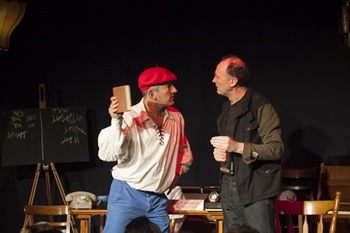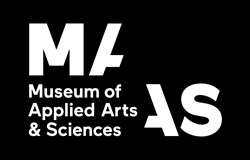When: Wednesday 14th November, 8:45am – 9:45am
Where: L3, Level 2 to the left of the registration/foyer area, down the hallway and through the doors on the right
Hashtag: #W5
ASC2018 asks, “How do we know whether any given effort in communicating science among public audiences is effective? And by which aims and objectives are those efforts measured?”
This case study answers these questions by examining the effectiveness of view stats from student blogs that were created as part of an assignment in a first-year university science communication paper. In 2017 the Royal Society of New Zealand (RSNZ) published a discussion paper that asks public audiences to consider the medical, legal, ethical, cultural implications of gene-editing healthcare technologies in New Zealand relevant to four given case scenarios (sickle cell anaemia, breast and ovarian cancer, cardiovascular disease, improving athletic performance). Students were required to write a series of blog posts targeted to public audiences in response to the RSNZ discussion paper. In post #2, students were prompted to communicate their position on one of the discussion paper case scenarios while addressing one or more of the four considerations. After publishing their posts for public view, many students noted significant high/low percentages in their blog view stats from audiences located both locally in New Zealand and internationally. The blog view stats are the focus of this case study, which help gauge and measure where public interests lie regarding new media platforms as an accessible means to science communication.
Session
Presenter
Susan Rauch, Lecturer, professional writing (science and technology), Massey University, School of English and Media Studies
